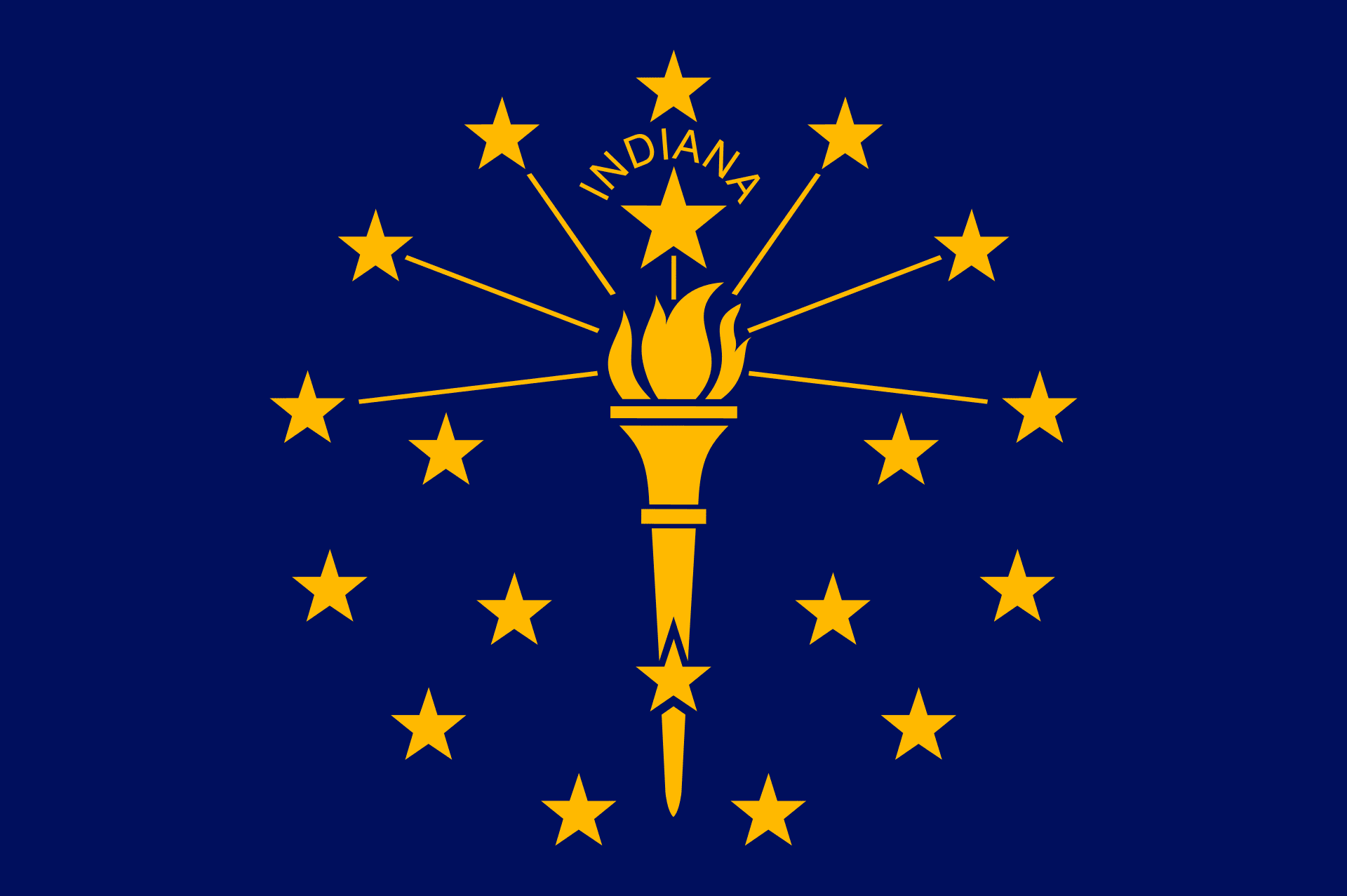Are you interested in uncovering the final resting places of your ancestors or exploring historical burial sites in Indiana? Finding a grave in Indiana can be a rewarding and enlightening experience, whether you are tracing your family history or simply exploring the rich heritage of the state. In this article, we will guide you through various methods and resources to help you locate graves in Indiana efficiently and respectfully.
1. Utilizing Online Resources
One of the most convenient ways to find a grave in Indiana is by utilizing online resources dedicated to genealogical research and cemetery documentation. Websites such as FindAGrave.com, BillionGraves.com, and Ancestry.com offer vast databases of burial records, headstone photos, and cemetery locations. By searching for your ancestor’s name or browsing through cemetery listings, you can often uncover valuable information about their final resting place.
1.1 FindAGrave.com
FindAGrave.com is a popular online resource that allows users to search for gravesites by name, location, or cemetery. The website features millions of memorials with photos, biographical information, and GPS coordinates for easy navigation to the gravesite. Additionally, FindAGrave.com enables users to request photos of specific headstones from volunteers in the area.
1.2 BillionGraves.com
Another useful website for locating graves in Indiana is BillionGraves.com. This platform focuses on documenting cemeteries through GPS-tagged headstone photos, making it easier for users to pinpoint the exact location of a grave. BillionGraves.com also offers a mobile app for on-the-go grave searching and cemetery mapping.
2. Visiting Local Libraries and Archives
For more in-depth genealogical research, consider visiting local libraries, historical societies, and archives in Indiana. These institutions often house valuable records such as cemetery transcriptions, burial registers, obituaries, and local history books. Librarians and archivists can provide guidance on where to find relevant information and may offer access to rare or unpublished materials.
2.1 Indiana State Library
The Indiana State Library in Indianapolis is a treasure trove of historical resources for genealogists and researchers. The library’s genealogy collection includes cemetery records, newspapers, city directories, and other primary sources that can help you trace your family tree and locate graves in Indiana.
2.2 Local Historical Societies
Many counties and towns in Indiana have their own historical societies that preserve and share local history and genealogical information. Contacting these organizations can lead you to cemetery surveys, burial indexes, and other valuable resources specific to the area where your ancestors lived and were buried.
3. Exploring Cemetery Directories and Maps
When searching for a grave in Indiana, consulting cemetery directories and maps can provide crucial details about burial locations and plot numbers. Many counties and cities maintain online databases or physical records of cemeteries within their jurisdiction, making it easier to locate specific gravesites.
3.1 County Clerk’s Office
Visiting the County Clerk’s Office in the county where your ancestor was buried can yield valuable information about cemetery plots and burial records. County clerks often maintain vital records, including death certificates, cemetery deeds, and interment permits that can help you pinpoint the exact location of a grave.
3.2 Historical Maps and Atlases
Historical maps and atlases of Indiana can be valuable tools for identifying old cemeteries, abandoned burial grounds, and forgotten gravesites. By comparing historical maps with modern-day geography, you may uncover hidden or relocated cemeteries that are not documented in current databases.
4. Paying Respect and Preserving History
Locating a grave in Indiana is not only a personal journey of discovery but also a way to honor the memory of those who came before us. By using a combination of online resources, archival research, and on-the-ground exploration, you can pay your respects to ancestors and contribute to the preservation of Indiana’s rich historical and cultural heritage.
If you have feedback, questions, or ideas for future articles or Information Hubs, please contact us. Your insights help us create valuable content.


